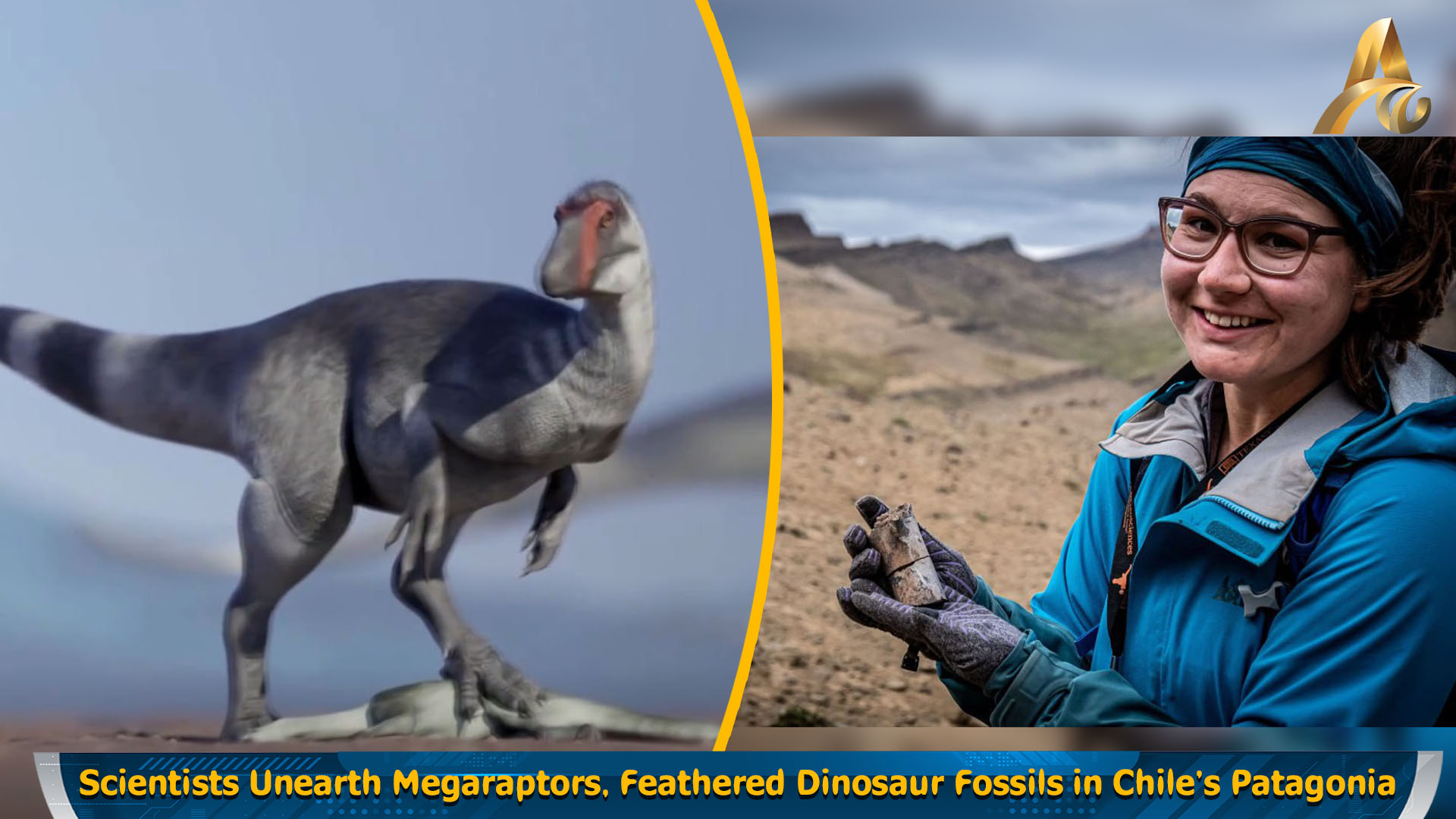Chile: Scientists in Chile's Patagonia region are unearthing the southernmost dinosaur fossils recorded outside Antarctica, including remains of megaraptors that would have dominated the area's food chain before their mass extinction.
Fossils of megaraptors, a carnivorous dinosaur that inhabited parts of South America during the Cretaceous period some 70 million years ago, were found in sizes up to 10 meters long, according to the Journal of South American Earth Sciences.
"We were missing a piece," Marcelo Leppe, director of the Chilean Antarctic Institute (INACH), told Reuters. "We knew where there were large mammals, there would also be large carnivores, but we hadn't found them yet."
The remains, recovered from Chile's far south Rio de las Chinas Valley in the Magallanes Basin between 2016 and 2020, also include some unusual remains of unenlagia, velociraptor-like dinosaurs which likely lived covered in feathers.
"It could be a new species, which is very likely, or belong to another family of dinosaurs that are closely related," he said, adding more conclusive evidence is needed.
The studies also shed more light on the conditions of the meteorite impact on Mexico's Yucatan Peninsula that may have triggered the dinosaurs' extinction some 65 million years ago.
INACH's Leppe pointed to a sharp drop in temperatures over present-day Patagonia and waves of intense cold lasting up to several thousand years, in contrast to the extremely warm climate that prevailed for much of the Cretaceous period.
"The enormous variation we are seeing, the biological diversity, was also responding to very powerful environmental stimuli," Leppe said.
"This world was already in crisis before (the meteorite) and this is evidenced in the rocks of the Rio de las Chinas Valley," he said.




Source Reuters






















